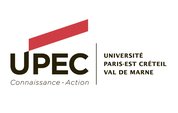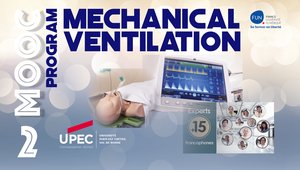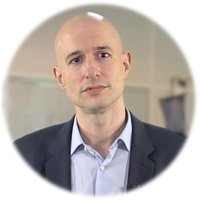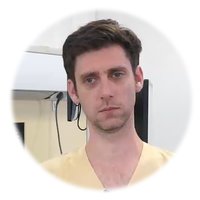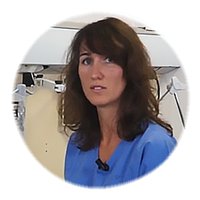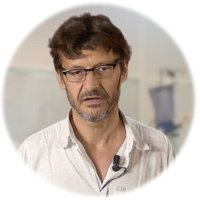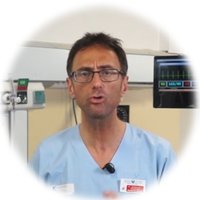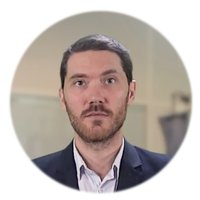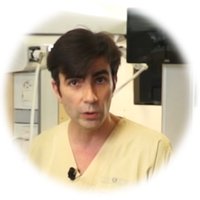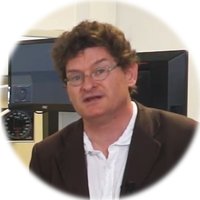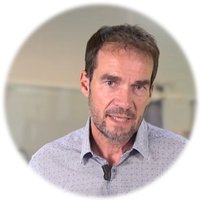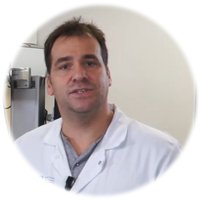Mechanical ventilation: the fundamentals
- Duration: 6 weeks
- Effort: 12 hours
- Pace: Self paced
- Languages: English and french
What you will learn
At the end of this course, you will be able to:
The EIVASION MOOC "The Fundamentals" is dedicated to the basics of mechanical ventilation. Its main objectives are to introduce learners:
- to the major principles of respiratory physiology and mechanics, allowing interpretation of ventilator waveforms
- to the use of the main ventilatory modes during invasive and noninvasive ventilation.
It aims to make learners operational in mechanical ventilation, so that they are able to make appropriate decisions in many clinical situations.
Description
Mechanical ventilation is the primary life support for critically ill patients. Therefore, it is an essential life-saving technique in intensive care, emergency medicine, and anesthesia. However, if poorly adjusted, it can cause complications and increase mortality.
This MOOC offers particularly innovative pedagogical content, based on simulation. EIVASION is a French acronym for "Innovative Teaching of Mechanical Ventilation through Simulation."
At the end of the EIVASION MOOC "The Fundamentals", learners will have the opportunity to improve their understanding of patient-ventilator interactions and clinical practice of ventilation with a second MOOC: the EIVASION MOOC "Advanced Level" on FUN.
All teachers are clinical experts in the field of mechanical ventilation. The scientific committee of the EIVASION MOOC is composed of Prof. G.Carteaux, Prof. A.Mekontso Dessap, Dr. L.Piquilloud, and Dr. F.Beloncle.
Format
The course lasts for 6 weeks, the first of which is devoted to presenting the MOOC and the FUN platform. Learners are expected to spend 2 to 4 hours of work per week. Pedagogical resources include explanatory videos on theoretical parts, as well as simulation videos made "at the simulator's bedside" using interactive multi-camera shooting to reproduce teaching at the bedside of a real patient. Indeed, the simulator used is capable of reproducing any type of patient under mechanical ventilation. Moreover, during immersive serious games made up with simulation videos, you will be asked to make diagnoses and therapeutic decisions.
Prerequisites
This MOOC is primarily aimed at anyone who may be confronted with the use of mechanical ventilation in a professional environment. The list includes intensive care physicians, anesthesiologists, emergency physicians, pulmonary physicians, or cardiologists practicing intensive care, as well as students in all of these specialties. This MOOC is also aimed at paramedical personnel involved in the care of critically ill patients (nurses, anesthesia nurses, physiotherapists, respiratory therapists…), as well as professionals working in the artificial ventilation industry. This list is, of course, not exhaustive. To fully benefit from this MOOC, it is preferable to have a basic knowledge of respiratory physiology.
Assessment and certification
"Memory quizzes" will be conducted after each video. These are easy questions designed to memorize what the learner has just watched in a video. "Exercise quizzes" will be offered at the end of each week. They are a bit less easy and require a good understanding of the different chapters covered during the week. You can track your progress in the MOOC under the 'progress' tab.
In this MOOC, we also offer you the opportunity to obtain a personalized certificate from the University of Paris-Est Créteil, which can be an asset. To do this, in addition to the activities and quizzes, you will need to take a one-hour remote proctored exam consisting of multiple-choice questions (MCQs). You have the option to schedule this exam. If you pass (more than 50% success rate on the MCQs), the certificate will be issued to you. The fee for the certified course registration is €100.
Course plan
- Week 0: Introduction to the MOOC and FUN platform
- Week 1: Principles of respiratory physiology and mechanics
- Week 2: Basic principles of mechanical ventilation; Assist Control Ventilation
- Week 3: Pressure-controlled assisted ventilation; Gas exchange
- Week 4: APRV; Pressure Support Ventilation
- Week 5: Non-invasive respiratory supports
This course is part of a program
Mechanical ventilation
The University of Paris-Est Créteil offers a two-course MOOC program to train in mechanical ventilation in critical care.
Course team
Guillaume Carteaux
Categories
Armand Mekontso Dessap
Categories
Lise Piquilloud
Categories
François Beloncle
Categories
Audrey De Jong
Categories
Christophe Delclaux
Categories
Alexandre Demoule
Categories
Martin Dres
Categories
Jean-Pierre Frat
Categories
François Lellouche
Categories
Jean-Christophe Richard
Categories
Arnaud W. Thille
Categories
Organizations
Forum facilitation
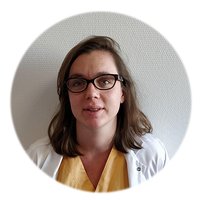
Anne-Fleur HAUDEBOURG
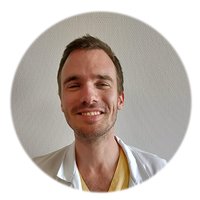
Samuel TUFFET
Dr. Anne-Fleur HAUDEBOURG and Dr. Samuel TUFFET are intensive care physicians, holding a Master 2 degree in research in the field of respiratory physiology and mechanical ventilation.
Pedagogical and multimedia engineering
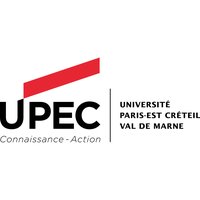
CENTRE D'INGÉNIERIE ET DE DÉVELOPPEMENT PÉDAGOGIQUE (CIDP)
Research in Pedagogy and Translation
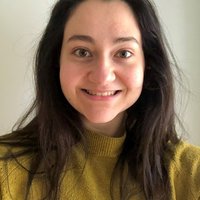
SALMA AL KAHF
Biomedical engineering
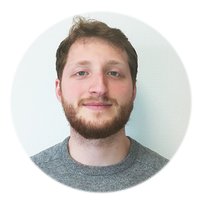
YVON DEPLANTE
Partenaires
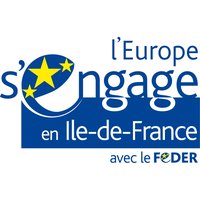
UE/FEDER/Région Ile de France
L'Europe s'engage en Ile-de-France avec le FEDER
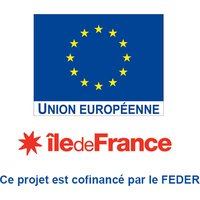
UE/FEDER/Région Ile de France
Ce projet est cofinancé par le FEDER
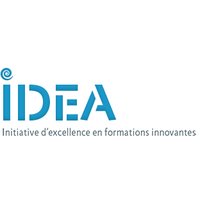
IDEA
Initiative d’Excellence en Formations Innovantes
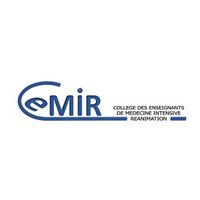
Collège des Enseignants de Médecine Intensive Réanimation (CEMIR)
License
License for the course content

Attribution-NonCommercial-NoDerivatives
You are free to:
- Share — copy and redistribute the material in any medium or format
Under the following terms:
- Attribution — You must give appropriate credit, provide a link to the license, and indicate if changes were made. You may do so in any reasonable manner, but not in any way that suggests the licensor endorses you or your use.
- NonCommercial — You may not use the material for commercial purposes.
- NoDerivatives — If you remix, transform, or build upon the material, you may not distribute the modified material.
License for the content created by course participants

All rights reserved
"All rights reserved" is a copyright formality indicating that the copyright holder reserves, or holds for its own use, all the rights provided by copyright law.


